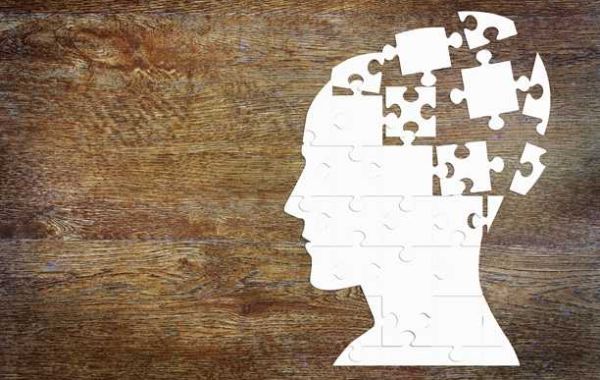Alzheimer's disease is a progressive brain disorder that gradually destroys a person's memory and ability to think and function. The Stages of Alzheimer's Disease are generally classified into three categories: mild, moderate, and severe. Although no definitive symptom or group of symptoms can be used to diagnose Alzheimer's disease, certain red flags may indicate something is wrong. For example, memory loss that disrupts normal day-to-day functioning may be a symptom of Alzheimer's disease.
What is Alzheimer's disease?
Alzheimer's disease, a chronic and progressive brain disorder, slowly destroys memory, thinking and language skills. Alzheimer's disease is the most common cause of dementia in older people, but it can strike people at any age. The term "dementia" refers to severe memory problems that interfere with a person's daily life and ability to perform routine tasks. Alzheimer's disease is a type of dementia that affects memory and thinking skills. It causes problems with judgment, planning, and organizing. Eventually, it can affect the ability to carry out simple tasks, such as using the telephone or taking medications properly. Alzheimer's disease can also have an impact on behaviour.
What changes occur in the middle stage?
The middle stage of Alzheimer's disease is the longest. It begins when someone has moderate to severe memory loss and lasts for several years. At this point, changes in personality and behaviour may become more noticeable than memory problems. How does it affect the person's ability to function?
The changes in personality and behaviour are not always easy for others to understand. The person with Alzheimer's may: Have more mood swings, upset or angry more efficiently, or have periods of depression. Have less self-confidence. Lose interest in everyday activities and spend less time with friends and family. Have problems expressing feelings, such as anger or sadness. Experience changes in personality, such as being more quiet or anxious.
What happens in the late stage?
The person may have trouble speaking, eating, or walking. The changes in behaviour and personality are more noticeable.
A person with Alzheimer's is at a very high risk of injuring himself in this stage because his judgment is affected. The person may have trouble speaking, eating, or walking. The changes in behaviour and personality are more noticeable. A person with Alzheimer's is at a very high risk of injuring himself in this stage because his judgment is affected. What happens during the late stage? The person with Alzheimer's may: Have trouble speaking and understanding speech. Be unable to follow simple directions. Not recognize family members or close friends. Forget how to do basic tasks, such as cooking or dressing.








